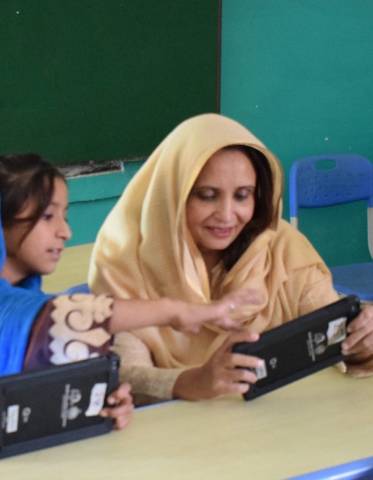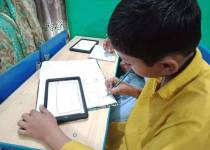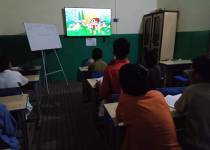Digital Knowledge Transformation

Digital Knowledge Transformation
Pakistan’s current ICT policy focuses on increasing the access to internet-related technology more focus is needed on socio-economic factors which contribute to social inequalities in digital space. The ‘Digital Divide’ is defined as a gap within a population where access and use of Information & Communication Technologies (ICTs) are only accessible to a small, educated and financially elevated urban population. On the other hand, the majority is exposed to inequalities which runs across class, gender, geographical location (rural/urban) and religious lines for which they cannot access ICT tools and remain disconnected from the rapid socio-economic and cultural transformation occurring in the internet age. Moreover, women in Pakistan are doubly disadvantaged when it comes to accessing digital space.
Realizing the need of a multi-stakeholder approach to bridge the digital divide in Pakistan, SPO devised ‘Digital Knowledge Transformation’ programme.
The overall goal of the programme is to create community-centric easy access to digital space for greater social mobility and democratic participation.
SPO aims to:
- Advocate inclusive ICT policy and equal and affordable access to internet learning skills opportunities and tools specially for dis-advantaged communities.
- Enhance capacity of communities through trainings on digital literacy and its responsible usage
- Advocate at both provincial and national level for the integration of digital skills knowledge in formal and informal education policies through establishing fully equipped ICT labs across public and private educational and vocational training institutions
Through these interventions, SPO aims to raise awareness about malicious usage of ICT tools for data theft, online harassment, stalking and blackmailing. SPO will also use ICT tools as a cross-cutting intervention across all its programmes for the efficient implementation and enhanced monitoring and evaluation programs.



